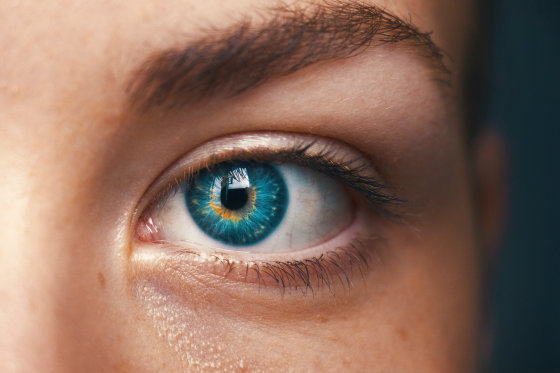What is the fake news system that “collects people's attention and forms fake memories”?

by
In recent years, image and video technology has been developed and it is easy to create “lie news that is mistaken for the real thing”, so it is considered dangerous that fake news could destroy democracy. However, many people think that their will will not be influenced by fake news. So Rachel Anne Barr, who studies neuroscience at Laval University in Canada, explains how fake news can have a big impact on the brain.
Fake news grabs our attention, produces false memories and appeals to our emotions
https://theconversation.com/fake-news-grabs-our-attention-produces-false-memories-and-appeals-to-our-emotions-124842
In the field of sensory neuroscience, it is shown that “unexpected information can reach higher levels of brain processing”. This means that the sensory cortex does not respond as much as it adapts to everyday experiences, and tends to react greatly to unexpected and surprising things. As the brain is exposed to the same information, the brain learns that there is no reward for this stimulus, so the cranial nerve response gradually decreases.
“Novelty” can itself be motivated. Recognizing new things, our brain predicts the “reward potential”, so touching new information will increase the neurotransmitter dopamine . A 2008 study also showed that the ability of the hippocampus to create synaptic connections between neurons was increased by the effect of “new things”.

by
The substantia nigra / ventral area is closely related to the hippocampus and amygdala, which play an important role in learning and memory. Enhanced memory in these areas occurs mainly during sleep. The sleeping brain prioritizes information in order to consolidate information within a limited time, but at this time, stimulating information that appeals strongly to emotions is our memory. It is easy to be carved as long-term memory, leaving a lingering sound. Therefore, novel and catchy fake news will be strengthened in memory formation.
As mentioned above, Fake News has the power to catch our eyes and jack the neural network of learning and memory. However, among the features of fake news, the ability to appeal to people is “the ability to appeal to emotions”. A 2017 study shows that content content contains 'moral emotions' that are easy to spread.

by AbsolutVision
Many decisions are made with deeply “emotions” that are too deep to be aware of. Social media feeds filled with articles that use emotional language change our political decision-making because just looking at the fake news headlines changes the impression of later exposure to information It can be said that they have power.
The way fake news novelty and emotional word selection affect people is beyond the ability of the human brain to analyze. Barr points out the dangers that if there is no way to determine whether it is real or fake by some means, people can be influenced by political functions and political beliefs and identities.
Related Posts:
in Note, Posted by darkhorse_log







